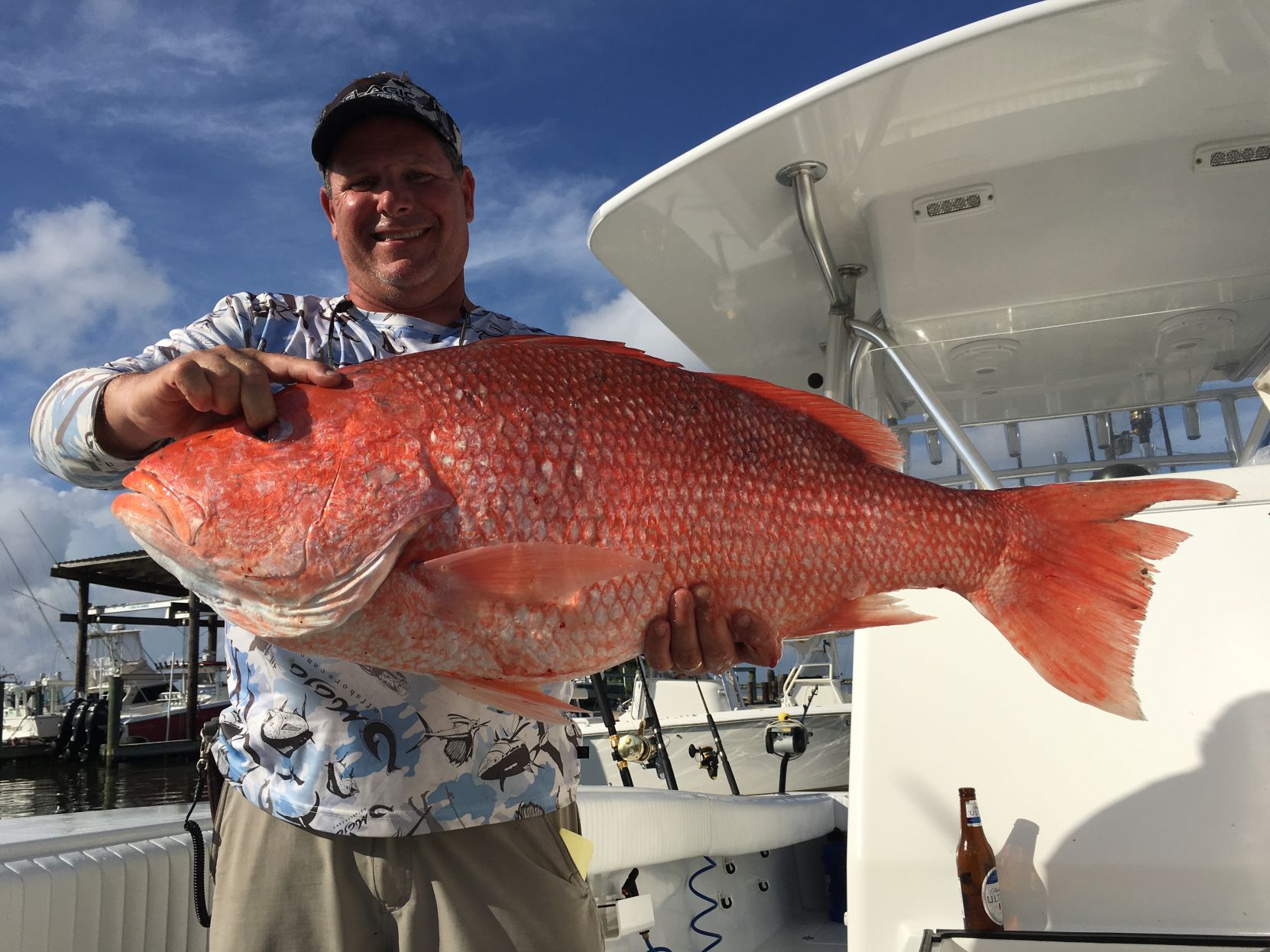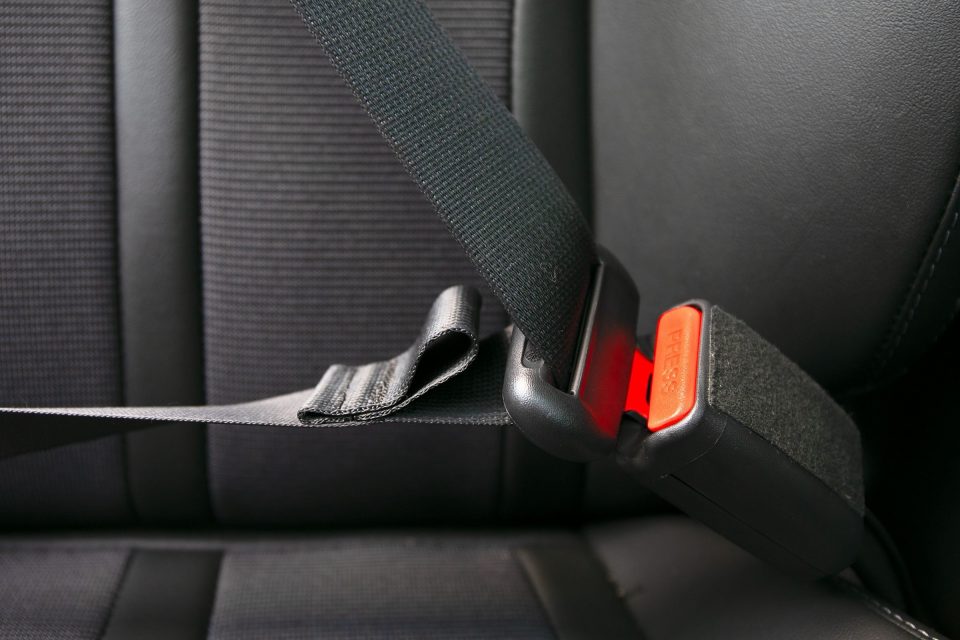Three Things to Know About Endometriosis: One of The Most Common Women’s Health Issues We Should Talk More About
April 4, 2019
Veteran Raising Awareness about Unexpected Parkinson’s Symptoms
April 5, 2019The Louisiana Department of Wildlife and Fisheries will now be able to manage red snapper in both state and federal waters — a decision it says is a “major victory” for recreational anglers.
The Gulf of Mexico Fishery Management Council met in Biloxi today and gave Louisiana a unanimous vote for the total control of private recreational red snapper fishing, which means Louisiana private anglers will have a larger voice about the harvest of the popular catch, which has been subject to staunch restrictions and regulations in years past, some controversial.
Now, anglers will have greater opportunities to catch the fish, beginning in 2020 when the state takes over management of the private recreational red snapper season.
“This decision is the result of Gov. John Bel Edwards’ directive to me and the LDWF staff to get this done for our angles,” LDWF Secretary Jack Montoucet said after the decision was announced. “Now, we will show that Louisiana can manage effectively and that we have all of the intangibles to make this work.”
Gov. Edwards, who considers himself an avid fisherman, said he is pleased with the decision, adding that he’s happy for the people of Louisiana.
“This is a victory for our anglers,” Gov. Edwards said. “Very shortly, they will be able to spend more time fishing for red snapper on the water in our beautiful Sportsman’s Paradise. One of my goals is to have our state manage red snapper in both state and federal waters. I’m very thankful to our Wildlife and Fisheries leadership, our anglers, congressional delegation and fishing organizations who helped to make this happen.”
At the meeting, the Gulf Council also set Louisiana’s snapper quota at 816,439 pounds for the 2019 season. This is 19.1 percent of the private recreational red snapper quota — a number LWDF officials say is fair for Louisiana fishermen.
Last year, anglers caught 738,000 pounds of fish during the snapper season.
The jump to 816,439 is a 10.6 percent increase in weight.
The Council also passed a law today that says that states which exceed their quotas will have to “pay it back” in the next year by having a lesser quota. Likewise, states which do not fill their quota on a given year can “carry over” the difference into the next year’s catch.
For example, if a state over-catches by 50,000 pounds in one year, their quota the next year will be 50,000 pounds less. Likewise, if it under catches by 50,000 pounds, that weight will be added to the next year’s total.
Patrick Banks, LDWF’s assistant secretary of fisheries, has been in charge of negotiations with the Gulf Council throughout the process. He said the old system of snapper regulation hurt Louisiana because statistics show there are more rain days in Louisiana than Florida and Alabama, which allowed other states more time to catch their quota than Louisiana.
“Now, we have a certain amount of fish reserved just for us,” Banks said. “Our Wildlife and Fisheries Commission sets the season for our anglers to catch that set amount of fish and they can set that season whenever they want that best fits our anglers and ensures responsible harvest levels.”
This decision is a new chapter in an ongoing back and forth in limits and regulation for snapper catches.
In 2016, anglers had just 11 days to fish snapper. Since that time, LDWF has been working to loosen that legislation. In 2017, the season was 42 days and in 2018, it was 60 days.
LDWF will now be able to set season lengths, bag limits and other details about snapper season, while policing that the state stays under its quota weight.
Anglers locally celebrated the news of the Council’s decision.
Houma native Tim Williams, an avid angler, said this marks a “great day” for outdoorsmen in Louisiana.
“I think it’s a great day for Louisiana fishing,” he said.
Williams, who said he fishes snapper with his friends “every summer that he can,” said the stability in the season is good for anglers.
“We needed it,” Williams said. “The back and forth was hurting us. I think now that we know things are going in the right direction, we will see progress and more people getting involved.” •
Follow Casey on Twitter for more.
https://twitter.com/casey_gisclair









